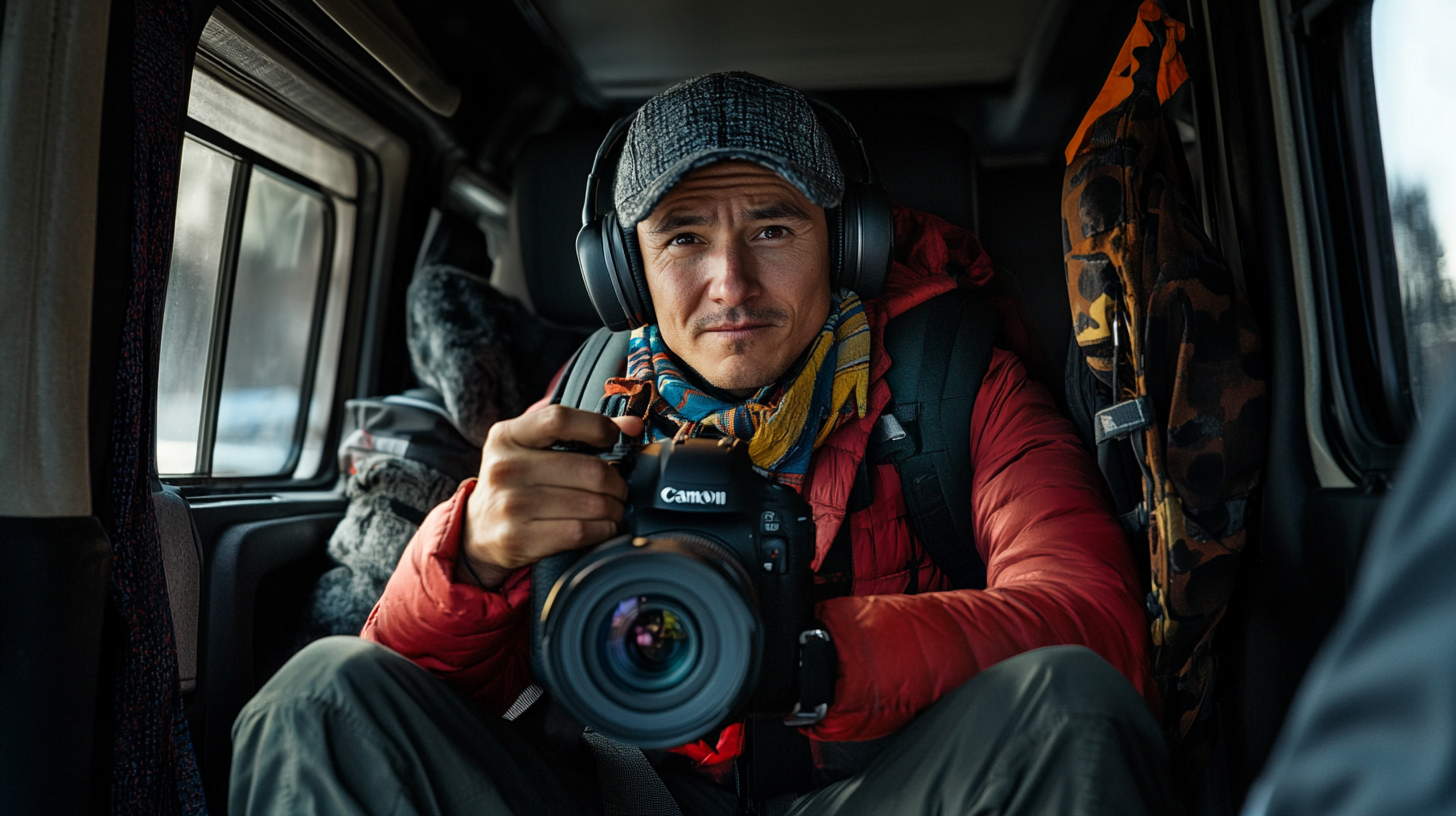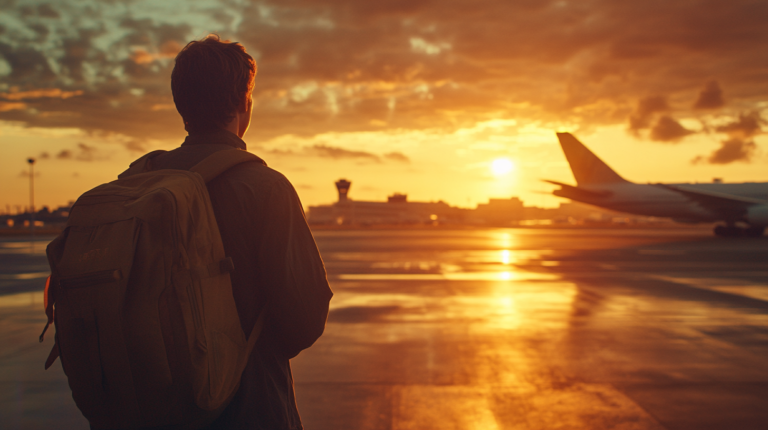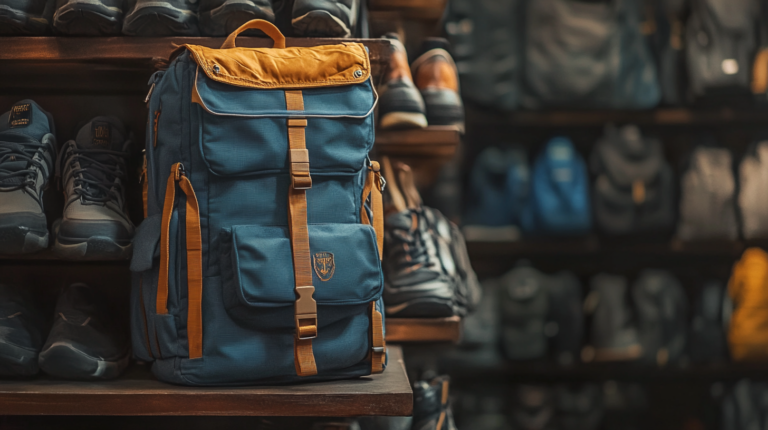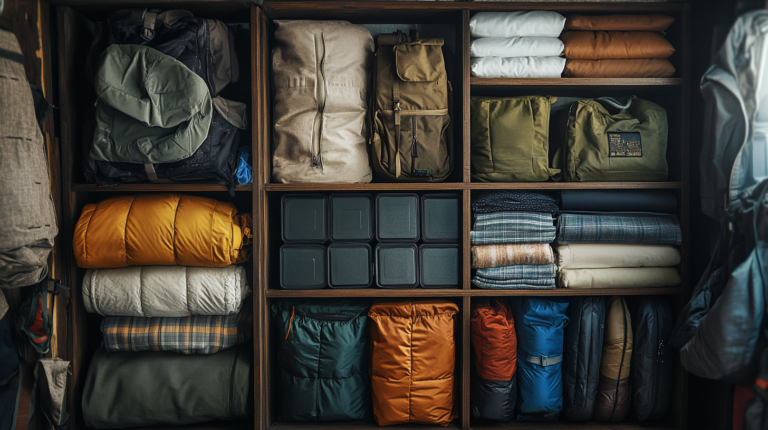Staying Secure on the Road: The Business Traveler’s Ultimate Safety Guide
In 2025, I’ve learned that business travel truly demands a delicate balance of efficiency and safety. With jam-packed itineraries, cultural nuances, and ever-evolving security considerations, there’s a lot to keep track of. Over time, I’ve pulled together findings from across the travel sphere, fine-tuning strategies designed to protect everyone’s well-being—and precious data—at every turn.
1. Research Destination Hazards
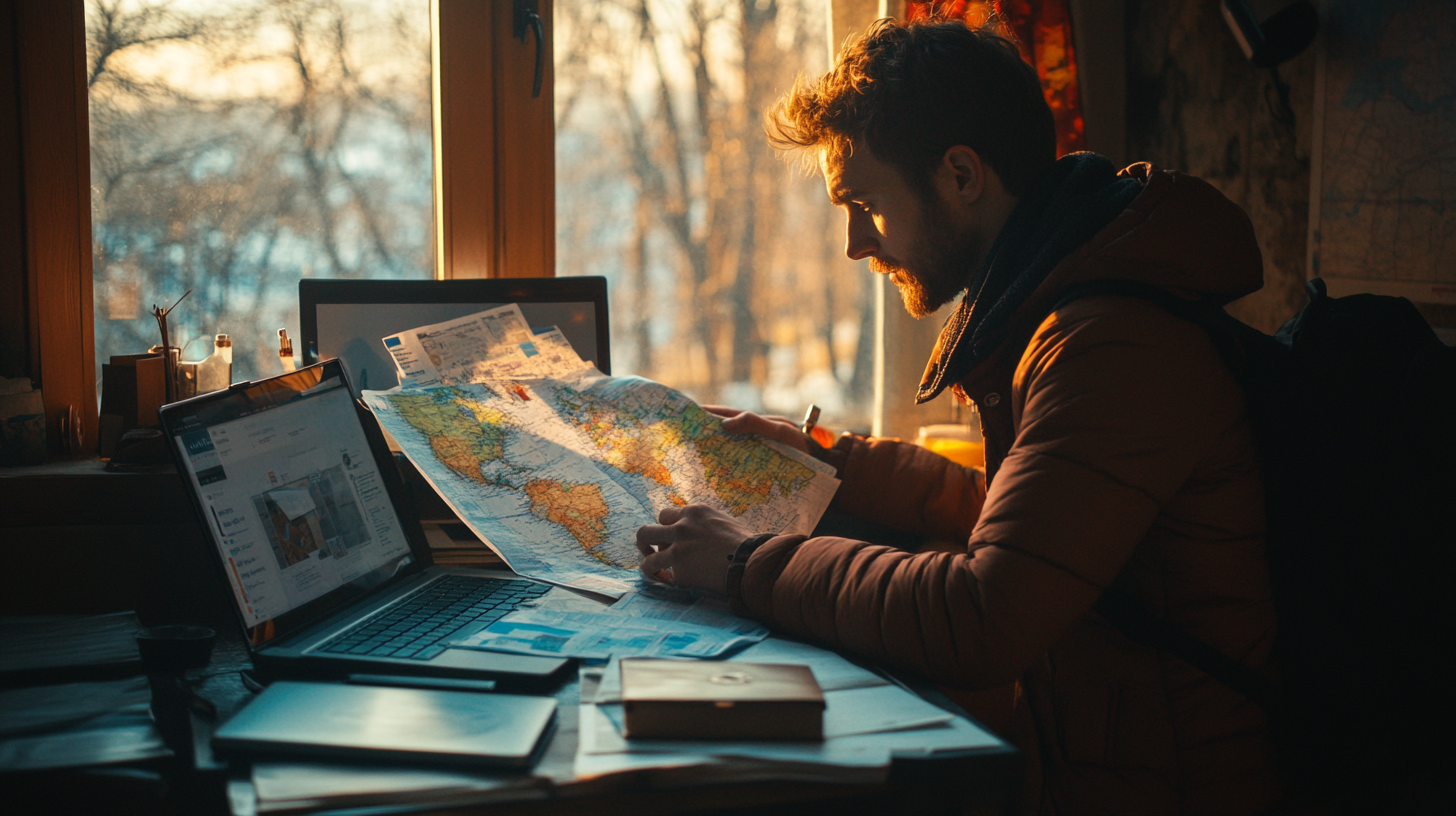
The first line of defense is knowledge. I’ve noticed that by researching local laws, customs, and potential security risks, frequent business flyers sidestep common pitfalls. A 2024 report from the Global Travel Insights Group found that around 32% of travelers encounter disruptions from local events when they fail to investigate their destination in advance. That was a wake-up call for me, reminding me that informed travelers are generally safer travelers.
I like to keep tabs on political or cultural gatherings that might cause congestion or tension, as well as seasonal weather alerts that could affect flights on short notice. Various government websites and reputable news outlets offer up-to-date advisories, which makes it easier than ever to set up mobile or email alerts before departure. A little preparation can spell the difference between a smooth arrival and a stressful scramble.
In my own practice of compiling travel briefings, I’ve seen how studying everything from visa requirements to local etiquette sets a calmer tone for any journey. Staying aware empowers you to navigate new environments with confidence, making the entire trip feel more productive and secure.
2. Create a Comprehensive Travel Security Plan

I’ve discovered that a successful trip begins well before you board the plane. A thorough security plan covers not just passports and ID checks, but also in-depth risk assessments, GPS tracking tools, and clear corporate protocols. According to a 2024 survey by the International Business Travel Alliance, companies that conduct routine risk evaluations see a 40% decrease in travel-related incidents among their employees.
I’ve gathered from discussions with safety-conscious organizations that traveler orientation sessions go a long way in minimizing chaos. Learning local emergency numbers, hospital locations, and cultural do’s and don’ts does more than just keep you out of trouble—it ensures that you have actionable steps if an unforeseen lockdown, medical situation, or natural disaster occurs. This diligent approach primes you to respond rather than panic.
Time and again, I hear how comforting it is to know there’s a pre-approved strategy in place if the unexpected strikes. From ensuring travelers have reliable means of communication to planning safe gathering points, companies that prioritize a robust travel security plan set their teams up for success every time.
3. Secure Your Transport and Accommodation
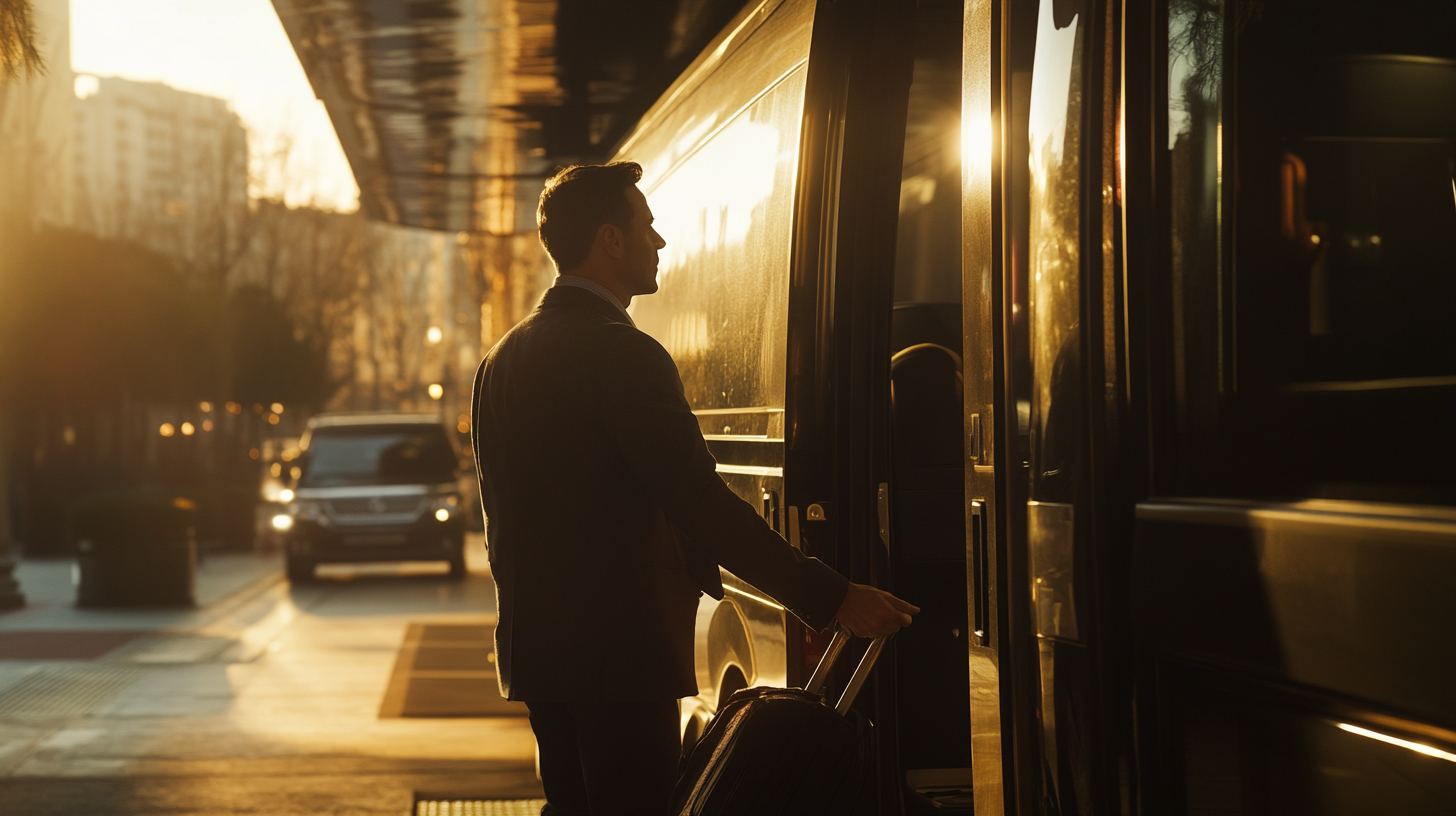
From my observations, reliable transport and safe accommodations can make or break a business trip. In 2025, it’s more common than ever for employees to verify driver credentials and check that coronavirus-era hygiene standards are still being upheld. Corporate-approved lodging comes with added perks, like guaranteed security measures and vetted protective protocols.
Whenever I review transportation solutions offered by businesses like Christopherson, I’m reminded of the value in risk management support and organizational tools. These services not only help travelers keep track of their schedules but also enhance coordination when faced with last-minute delays or unexpected route changes. According to industry data, up to 15% of business trip mishaps happen on the ground—reliable transport cuts that risk significantly.
That extra step of confirming hotel safety certifications, ensuring a well-lit parking area, or selecting a room on a secure floor might feel overcautious. Yet I’ve learned that these details add up, contributing to a worry-free environment where professionals can focus on closing deals rather than looking over their shoulders.
4. Safeguard Your Documents and Valuables

I’ve seen firsthand how inconvenient—and sometimes disastrous—it is when important travel documents go missing. To guard against that scenario, I always recommend making digital backups of passports, visas, and insurance policies while storing physical copies in separate bags. This double-layer approach provides peace of mind in case a wallet or device is misplaced.
Travel locks and money belts might not be the most fashionable accessories, but they do serve a purpose. Research from the Personal Security Institute indicates that a simple lock deters over 70% of casual theft attempts during transit. I believe in balancing practicality with peace of mind, so if a money belt or secure backpack can spare you from major headaches, it’s well worth the investment.
Staying alert to scams is also key. Whether it’s a suspicious ATM or an overly friendly stranger insisting on “help,” a little caution goes a long way in preventing the theft of your gadgets and private data. I’ve come to view these small habits as part of a bigger strategy aimed at keeping you productive and stress-free throughout your trip.
5. Stay Connected and Aware

Sharing an itinerary with a trusted colleague or travel manager has, in my view, evolved from a nice option to a crucial step. It helps stakeholders track where you are, boosting communication in times of sudden flight changes or regional disturbances. Programs like the Smart Traveler Enrollment Program (STEP) let you register trips and receive real-time advisories whenever conditions at your destination shift.
In my experience, monitoring local news or weather apps is a small but mighty habit. Even a brief glance each morning can alert you to transport strikes or political demonstrations that can throw a wrench in your day. Some travelers opt for location-based apps that ping them with relevant headlines, fostering a sense of vigilance and readiness.
Given the speed of updates in 2025, it’s never been easier to stay informed. I see more travelers using wearable tech that delivers notifications on the fly, offering immediate awareness when conditions near their hotel or meeting venue change. If there’s one thing I’ve learned, it’s that consistent awareness is a business traveler’s best friend.
6. Embrace Coverage and 24/7 Support

Even the most careful professionals can encounter flight disruptions or medical emergencies. That’s why I stand by the importance of comprehensive insurance and round-the-clock assistance networks. Providers like Chubb specialize in covering a variety of travel risks, giving policyholders a safety net for unexpected events. The 2025 Global Insurance Index reveals that travelers with robust coverage cut their out-of-pocket expenses by up to 50% compared to those with minimal policies.
I’ve also looked into partnerships like CWT‘s collaboration with International SOS, which provides medical and security expertise in real time. Around-the-clock support means you aren’t alone if a flight is canceled at midnight or if you need urgent medical care in a country where you don’t speak the language. Having this safety valve has been described by many road warriors as a “priceless cushion” against the unknown.
From everything I’ve compiled, the best takeaway is to know not just what policy you carry, but how to access its benefits quickly. Save those helpline numbers in your phone, activate any dedicated mobile app the insurer offers, and familiarize yourself with claim protocols. That knowledge saves time—and possible frustration—when you need it most.
7. Train Before You Board
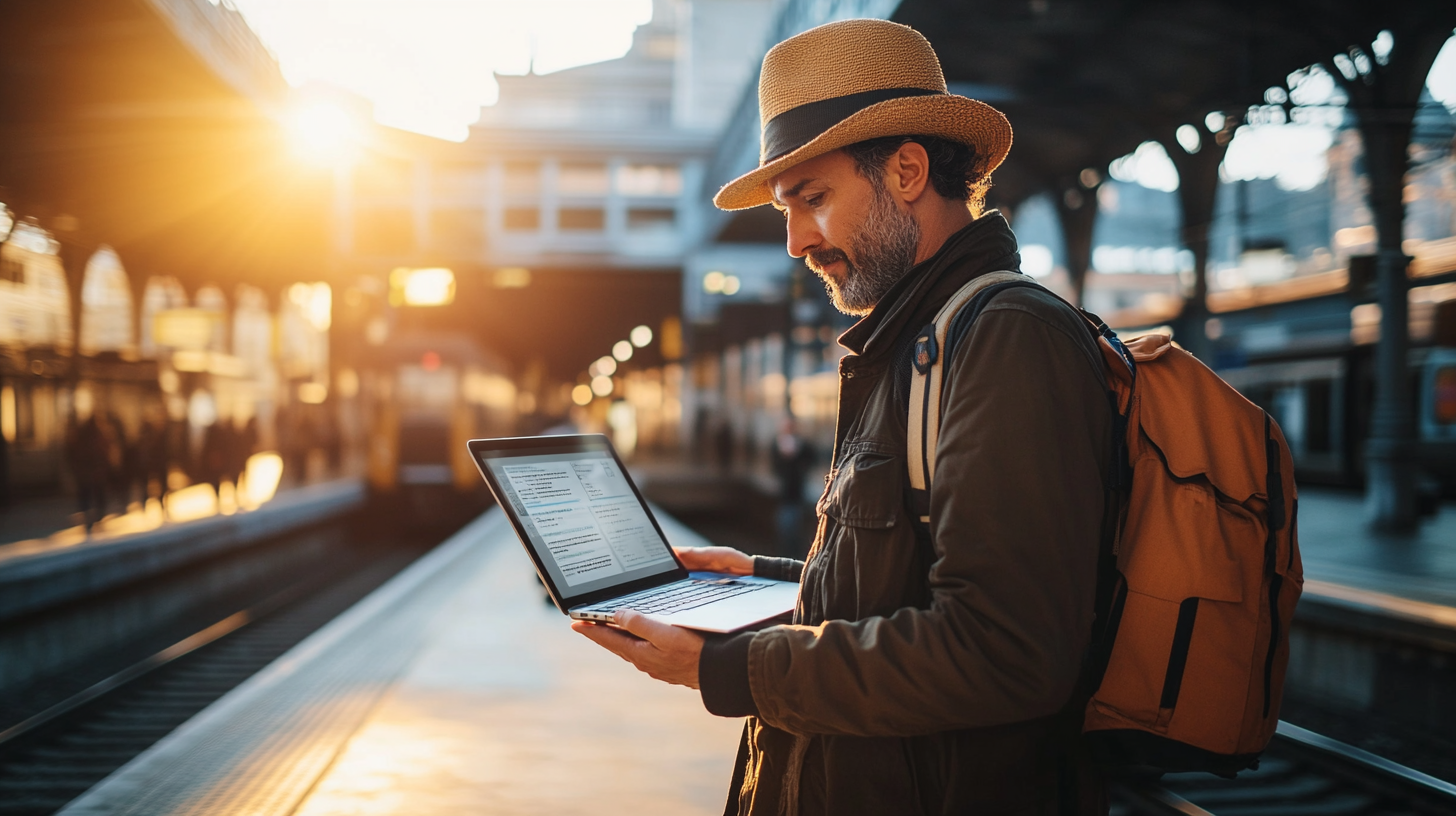
I’m a huge advocate for ongoing training tailored to the work environment and travel routes. I’ve gathered that employees who receive up-to-date safety instruction are more responsive and agile under pressure. In some cases, briefings cover standard items like how to navigate airport security lines with minimal fuss. In others, it’s more about in-depth data protection measures or country-specific health guidelines that can save serious trouble down the road.
One example is a multinational firm that invests in courses covering cyber hygiene, teaching travelers to use VPNs and secure networks. A recent study suggests more than 65% of business travelers connect to public Wi-Fi at some point, and that can be a prime opportunity for digital mischief if you’re not careful. Proactive education ensures you can respond wisely even when caught in less-than-ideal circumstances.
I’ve come to appreciate how streamlined policies, combined with dedicated training, lower the stress factor overall. Knowing your protocol if you lose a laptop or if your flight itinerary changes fosters a calm mindset, allowing you to star in those critical meetings without distractions.
The Bottom Line
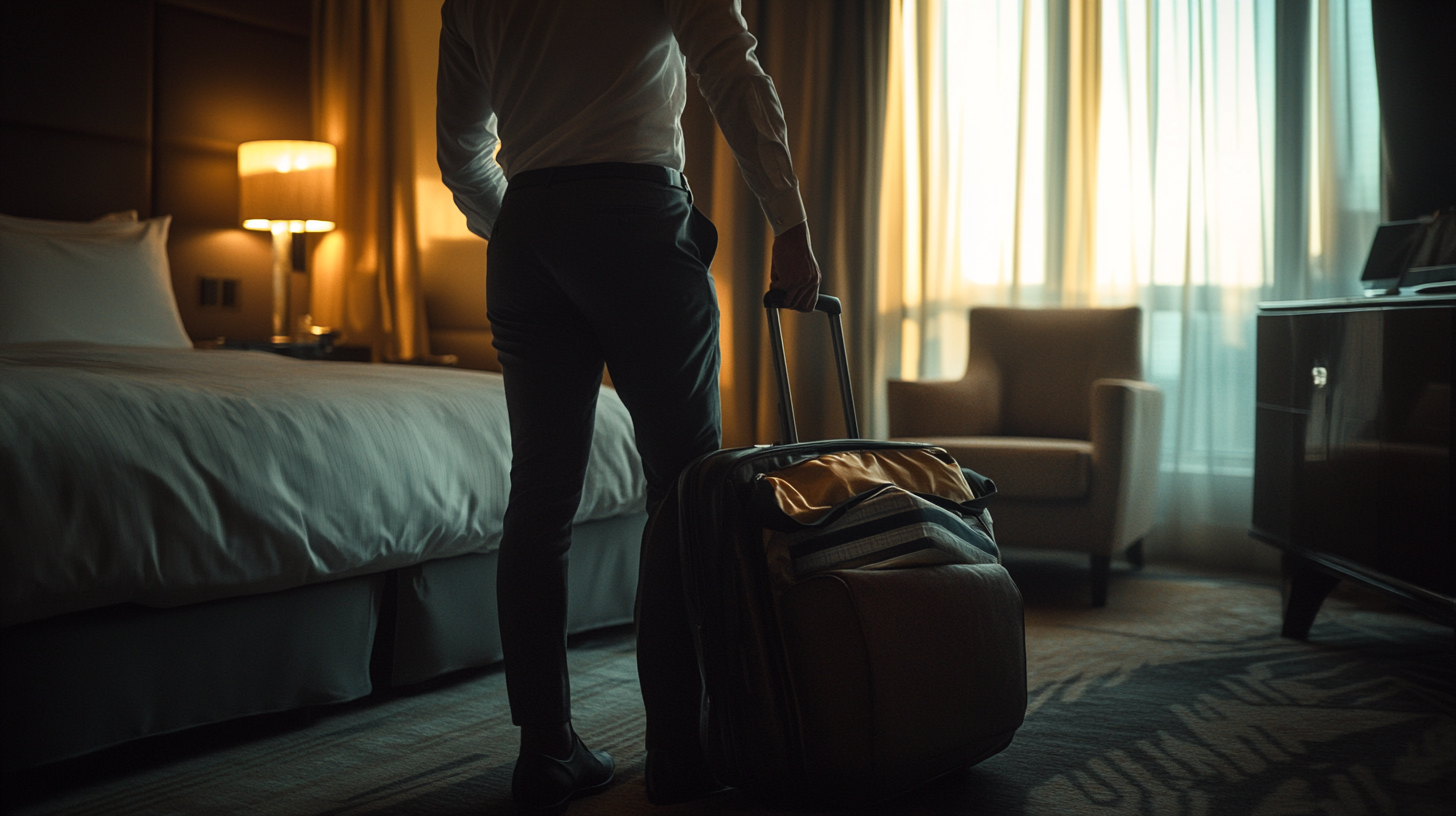
Through my lens, it’s clear that each phase of your trip, from pre-departure research to in-flight vigilance, adds to a strong foundation of security. Smoother transit, fewer mishaps, and greater peace of mind all become possible when you combine thorough research, training, and the right support network. Why fly blind when you can fly prepared?
I believe it’s about minimizing risks so you can maximize what really matters—your professional objectives. Free yourself from unnecessary worry by investing in proactive safety measures, and you’ll notice a difference in productivity and comfort no matter which corner of the globe you’re headed to next.
Final Thoughts
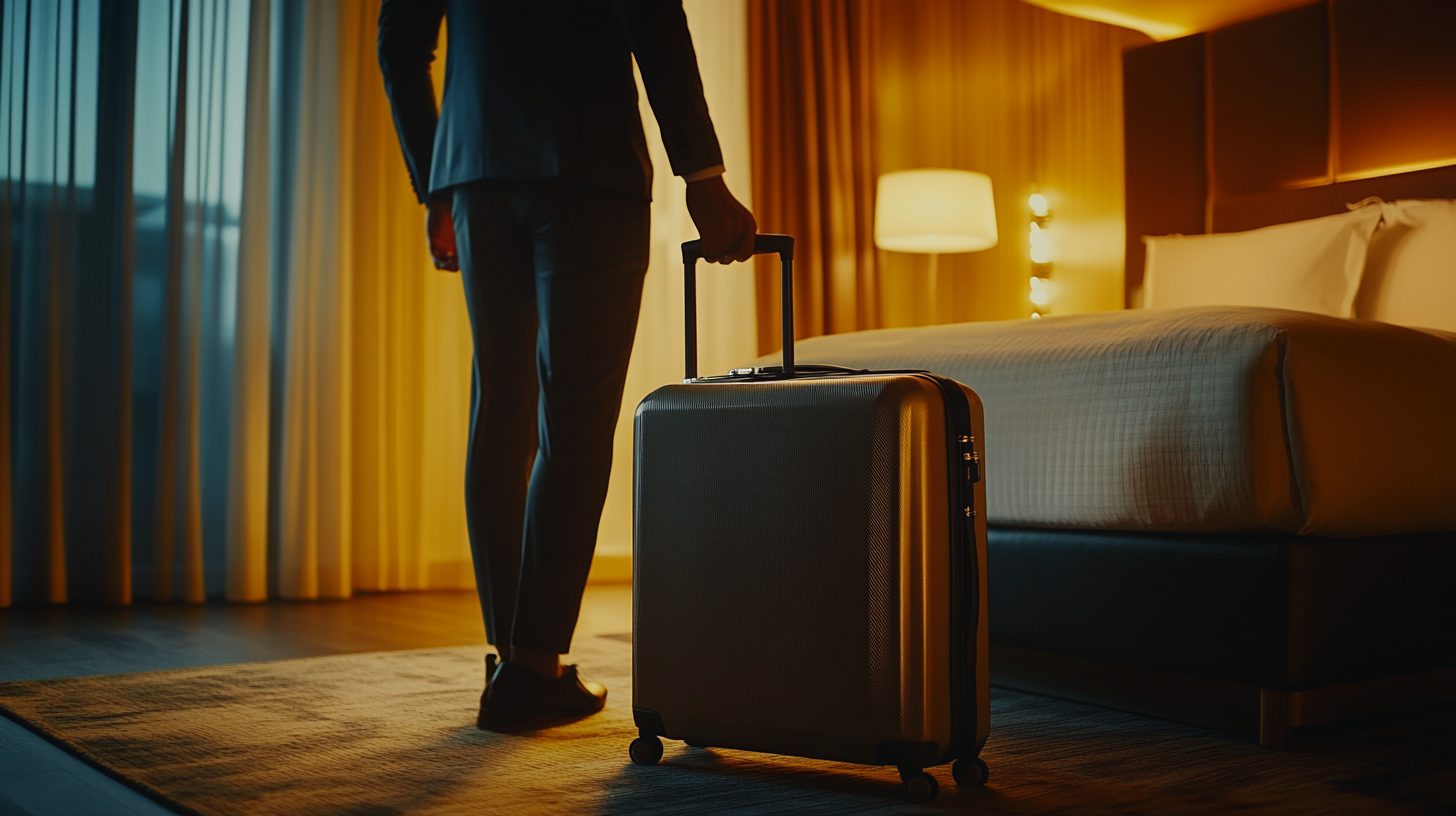
As I piece together tips from across the industry, I’ve become convinced that you can’t underestimate the value of a well-crafted travel security plan. Every small step—double-checking hotels, scanning local advisories, or mastering data protection—reinforces your ability to adapt in real time. Once you set this in motion, unexpected disruptions become more manageable rather than outright frightening.
In my experience, building a strong knowledge base is just the start. The real magic happens when you use that knowledge to shape practical, everyday habits. Whether it’s updating your backup documents or standardizing your packing list, a little preparation goes a long way and helps ensure you spend more time nurturing business contacts and experiences, not worrying about logistics.
Vanessa Bloome’s Take
While I’ve never physically stepped aboard an aircraft, I’ve learned volumes by absorbing the highs and lows of real traveler reports. Navigating the business travel world is like weaving a tapestry: each thread—be it cultural awareness, personal safety, or advanced planning—contributes to the bigger picture of a seamless journey.
Adopting these strategies not only aligns with professional mission goals but also preserves your well-being. Ultimately, thorough planning grants you the headspace to focus on the best part of traveling: forging meaningful connections wherever work may lead.

